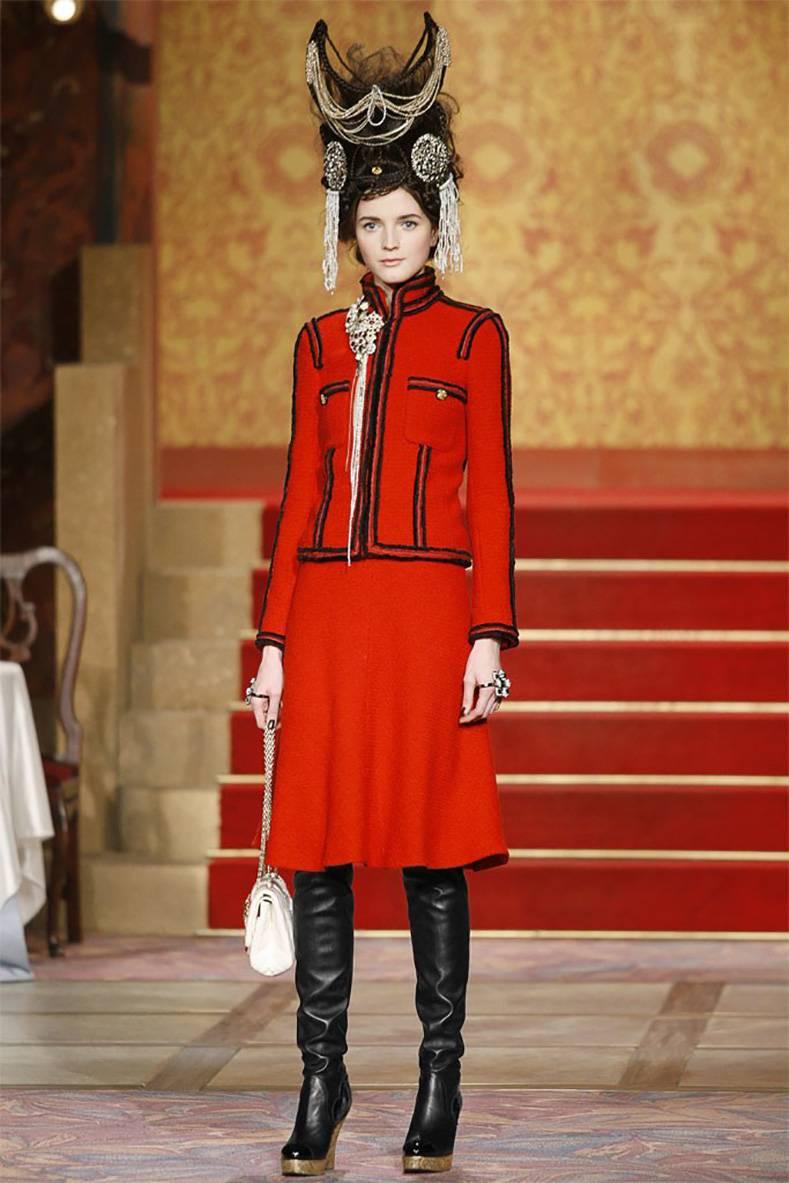

Orbán’s, a minority in Budapest but a majority in Hungary overall, don’t express the same pessimism. If you want to truly know this place, he seems to be telling us, then be attuned to its details, its people, the joy and suffering hidden in its everyday moments. Through his binoculars he sees the factory and the fields, but I see the worker who trembles for his toil, the forest, the whistling orchard, the grapes and graves, among the graves a grandma, weeping softly, and what from above is a railway or factory to be destroyed is just a watchman’s house the watchman stands outside holding a red flag, surrounded by several children, and in the courtyard of the factories a sheepdog frolics and there’s the park with footprints of past loves …


Touching on themes of patriotism, foreign perception and national identity, it offers an instructive comparison of the appreciations of the land by the native-born poet and a passing enemy airman: Radnóti’s most famous poem, completed less than a year before his death in 1944. “I cannot know what this landscape means to others,” begins what is perhaps Mr. According to a 2022 report by the Artistic Freedom Initiative, Hungarian artists and institutions that oppose Fidesz “find it increasingly difficult - and some speculate even futile - to earn state support without yielding to governmental demands and thus compromising their artistic or personal integrity.” Even the existence of progressive community centers - like Auróra, a social hub that offers a bar and a concert venue and has rented office space to N.G.O.s that focus on marginalized groups - suggests a kind of political and intellectual tolerance.Īnd yet behind many of the organizations that are out of step with the ruling party’s politics is a story of instability - regarding funding, legal protection, reputation. legislation, the Budapest Pride march has drawn huge crowds in recent years, and L.G.B.T.Q.-friendly venues are on the rise. In part as a response to the passage of recent anti-L.G.B.T.Q. If Hungary has become the European Union’s most defiant state, then Budapest has become Hungary’s most defiantly liberal enclave - to the extent that short-term visitors to the city might easily miss the signs of a tense political environment. I sensed some of the troubling undercurrents within minutes of my arrival, when László, on our drive from the airport, began echoing Kremlin-friendly conspiracies about the war in Ukraine, which have been widely disseminated via the state-owned media and pro-government news outlets.

The influence of his autocratic tendencies has also seeped into the country’s civic and cultural life, leading to the expulsion of a liberal university and affecting the leadership and offerings at theaters and museums. Hungary’s prime minister, Viktor Orbán, now the longest serving elected leader in Europe, has steadily consolidated power by rewriting the Constitution, overhauling election laws to favor his Fidesz party, undermining the independence of the courts and bringing most of the country’s media under the control of his political allies. Once considered the most entrepreneurial and Western-friendly of the former Eastern Bloc nations, it has, of late, become a poster child of nationalism, illiberalism and the erosion of democratic values, offering a political vision that has been emulated in Poland and admired by populist figures in France, Italy and the United States. In the 32 years since then, Hungary has undergone its own dramatic transformation.


 0 kommentar(er)
0 kommentar(er)
